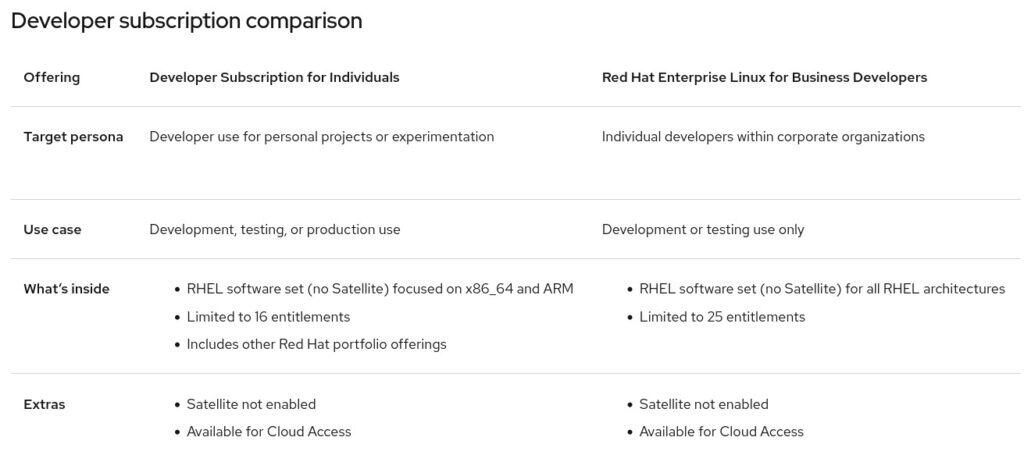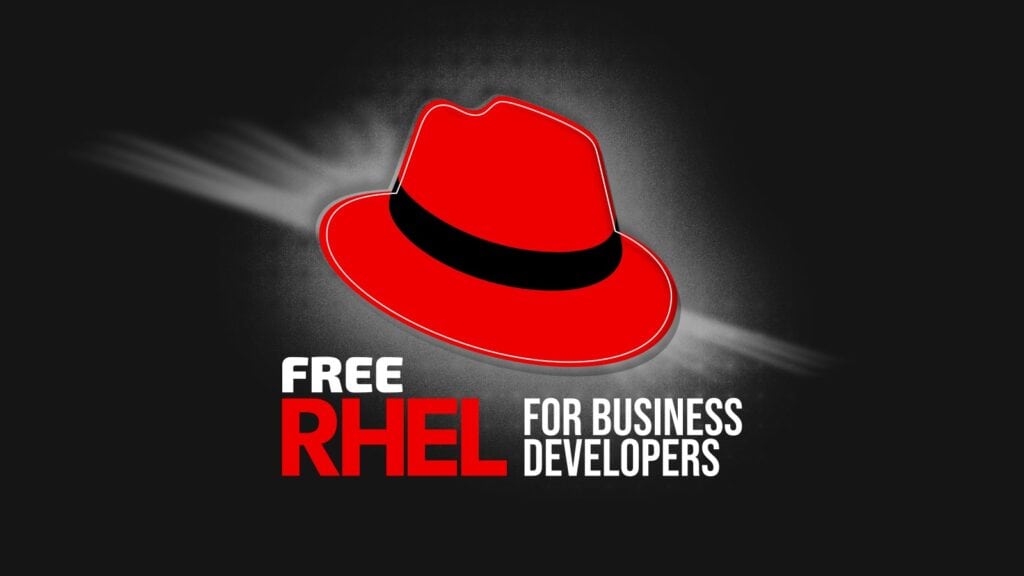Red Hat has announced a new offering designed to streamline application development within enterprise environments—Red Hat Enterprise Linux for Business Developers.
Launched as a self-service initiative through the Red Hat Developer Program, this new program provides individual developers in corporate settings with no-cost access to RHEL.
Each registered user within the Red Hat Developer Program can access up to 25 entitlements covering physical, virtual, or cloud-based instances for development or testing purposes. However, Satellite is not included in this offering.
The new program includes:
- Full RHEL software set (excluding Satellite) for all architectures supported by RHEL.
- Easy entitlement and access via a simple self-registration process using a business email.
- Cloud access capabilities extend flexibility across hybrid environments.
- Curated and signed developer resources, encompassing modern programming languages, databases, and tools.
- Access to container development tools, such as Podman Desktop, enables developers to create bootable container images easily.
However, as you can see from the comparison table below, RHEL for Business Developers is a bit different from Red Hat’s long-standing Developer Subscription for Individuals. Most notably, the new offering isn’t allowed for use in production environments.
Plus, it supports up to 16 instances, whereas the individual subscription allows up to 25.

Put simply, as the name implies, RHEL for Business Developers is designed for business users who want their development environments to match the RHEL-based servers they use in production.
In other words, if you’re planning to count on the free RHEL option for your infrastructure needs, it’s best to stick with Red Hat’s Developer Subscription for Individuals offering.
For more information, see the official announcement.
